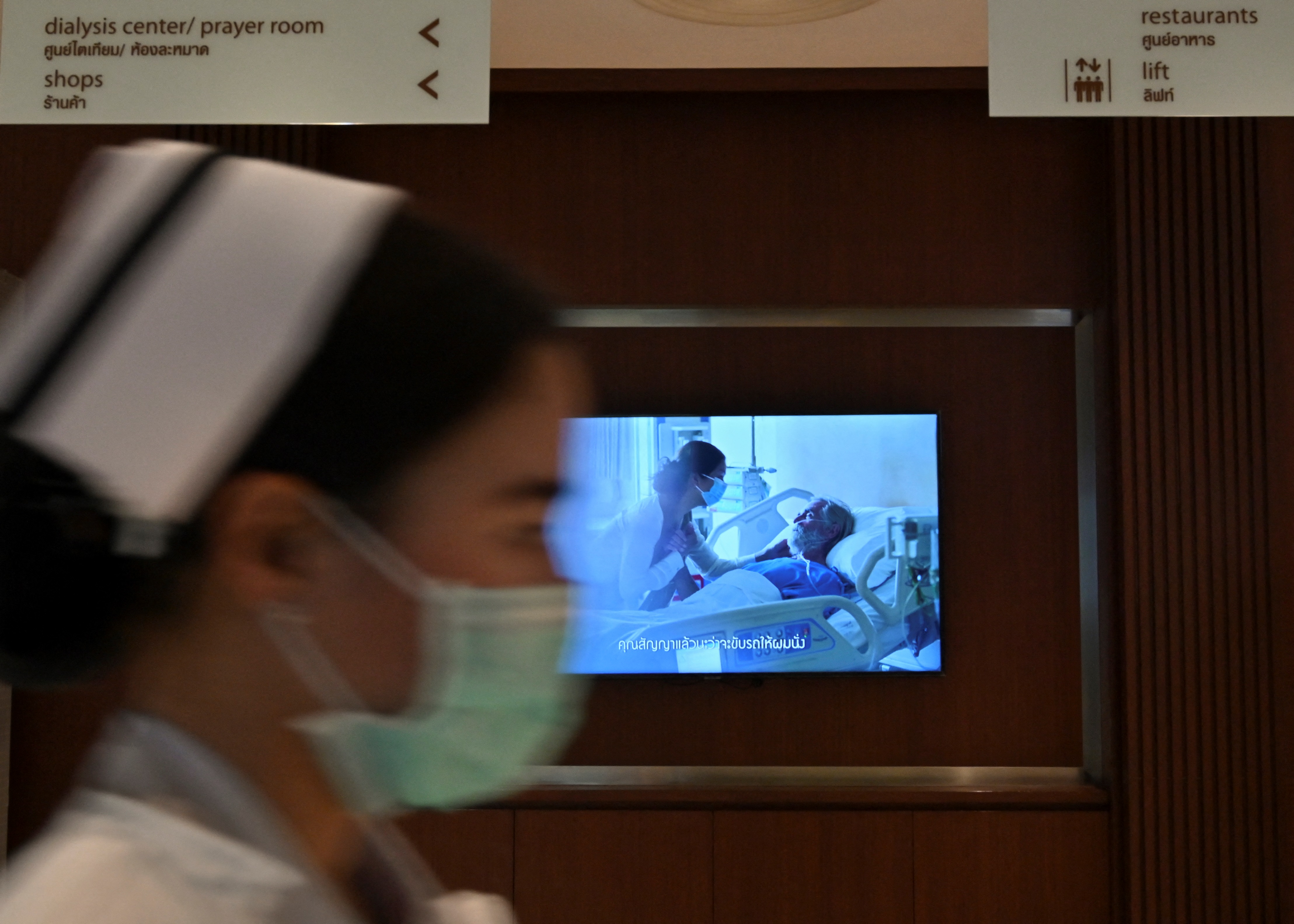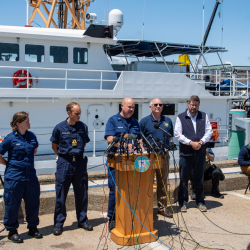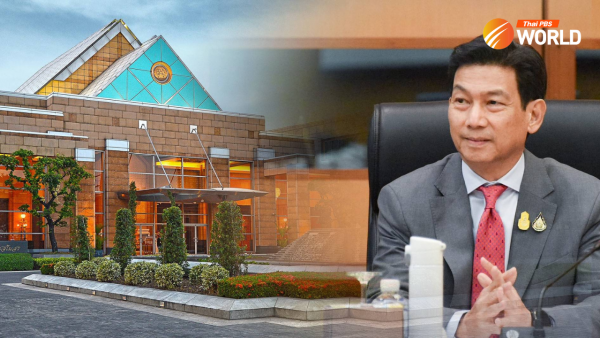Health innovations advanced with ‘Early Health Technology Assessment’

Early Health Technology Assessment, or early HTA, is a tool that can help health innovations to meet the needs of the global health system. The approach was utilized by World Health Organization (WHO) in early stage of the COVID-19 pandemic, but is not yet widely known.
“Early HTA” was explained by experts at a workshop organised as a collaboration between the Health Intervention and Technology Assessment Program Foundation (HITAP Foundation) and the Saw Swee Hock School of Public Health of the National University of Singapore (NUS), along with 3 leading agencies in Thailand, Thailand Science Research and Innovation (TSRI), the Thailand Center of Excellence for Life Sciences (Public Organization) or TCELS, and the National Health Security Office (NHSO).
Dr. Yot Teerawattananon, Secretary General of the HITAP Foundation, and Dr. Wang Yi, Assistant Professor at Saw Swee Hock School of Public Health, National University of Singapore, said that it is a process for assessing the possible impacts of the use of technology in healthcare and it can evaluate factors that can advance a health innovation to be desirable and marketable. Additionally, it can also show whether it is a worth investing in research and development of a certain health innovation.
“As one of the experts of the World Health Organisation involved in defining the characteristics of the COVID-19 vaccine since April 2020, before it was available in the market in early 2021, I have witnessed the benefits of working in such a manner. Therefore, I would like to apply this approach to support the development of medical innovations in Thailand,” said Dr. Yot.
During the workshop, a Memorandum of Understanding (MOU) on Collaboration on Priority Setting and Early Health Technology Assessment of Health Innovations in Thailand was also signed.
Early HTA were proposed in the workshop as the approach to advance Thailand to success in medical innovation, since many innovations developed in the country have not been effectively commercialised or registered in the market.
HITAP also explained that the early HTA approach in assessing the worthiness of technologies at the early stage of research and development would help reduce risks in research investments from both the public and private sectors and increase confidence in investment decisions.
Prof. Teo Yik Ying, Dean of the Saw Swee Hock School of Public Health of NUS, said that this collaboration aims to reducing the risk of rising healthcare costs, especially with advanced technologies which can be a common financing threat in the medical industry. Within early HTA, it provides guidance to policy makers and guides technology innovators, especially for scaling and for coverage under national insurance schemes.
The collaboration among these five leading agencies in Thailand and Singapore in innovation, research and evaluation of health technology, and health policy, hopefully will enable the achievement of their goals in advancing innovation and the healthcare system and can guide other ASEAN countries to set priorities and in evaluating new technologies under development.
By Warissara Sae-han






